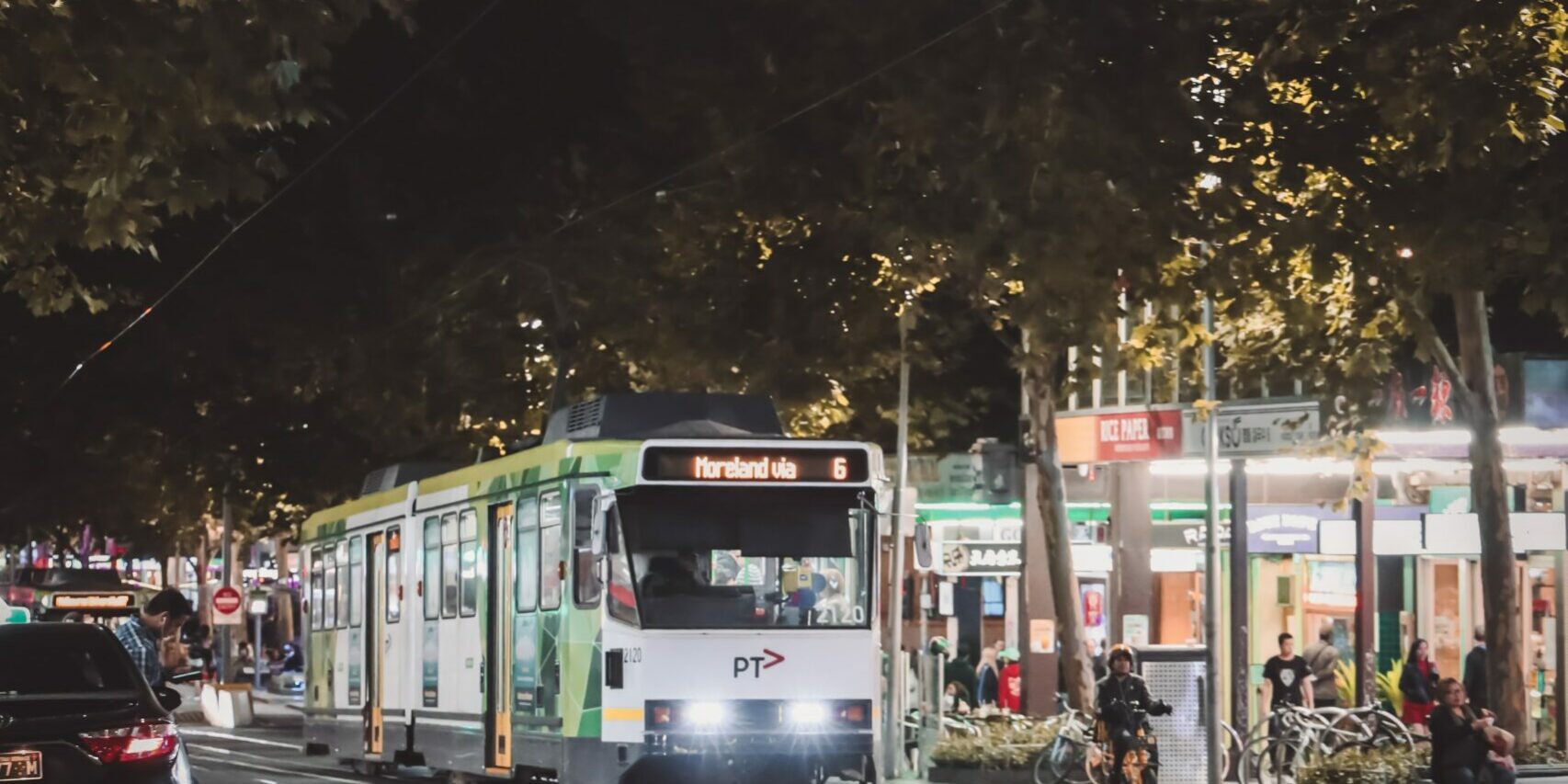The Ph.D. thesis, completed in 2016 at the School of Architecture, Building and Planning, University of Melbourne, investigated the application of a theory of real options to decision-making on major transport projects. By combining a study of the composition of planning decisions with that of risk management and allocation, the research opens new avenues for decision-makers assessing and seeking implementation of major projects.
MUTPs are proposed or completed transport infrastructure projects (e.g., road, rail, bridge or tunnel, or a combination) costing at least $US500 million and having major impacts on urban systems. The core hypothesis is that the application of real option theory in the context of superior project management assists in the effective conception and successful delivery of MUTPs.
Ideally with all MUTPs they develop through a process of informed, rigorous decision-making. Manifestly, this needs to occur cognisant of risks and alert to potential failure. The research of Flyvbjerg and other theorists, however, demonstrates that with MUTPs there is the notorious problem of project costs being usually dramatically under-estimated and benefits grossly over-estimated. The contention of the thesis is that MUTP planning is best developed and pursued in a series of steps, conceived as real options (ROs), learning from experience and developing step-by-step fresh options in deciding whether and how to move forward. Alternative explanations and theories of MUTP planning are considered and evaluated with the judgement made about the heuristic and practical merit of the TRO. In doing so, the Thesis creates a new theory about MUTPs that offers new avenues both for academic research and for decision-makers weighing the merit of projects and their implementation. Because of institutional barriers and presumed patronage hurdles, the argument is advanced that this way of analysing proposals is particularly important for rail compared to road projects.
By reference to the experience in Sydney, and references to other Australian cities and international research, the applicability of this research is explored both to transport planning locally and internationally. The aim of this project is to learn lessons from case studies of MUTPs in Sydney and to explain decision-making leading to the project adoption and execution and whether a TRO would have assisted.
Comparisons are made between road and rail MUTPs, including the lessons that can be learnt and transferred to the project development and implementation of other MUTPs. The study is important because urban infrastructure is increasingly under pressure worldwide as urban populations increase, governments are increasingly using mega projects to deliver urban infrastructure and mega projects have not historically been particularly successful, particularly on typical measures of cost, scheduling, and meeting initial expectations. The promise and achievement of the Thesis is to demonstrate that the TRO is of practical assistance to MUTP planning.
In Popper’s Objective Knowledge (1972), he suggested that theories are like searchlights, illuminating evidence, providing perspective, and a rationale for analysis. The TRO is such a theory, but its utility is enhanced, and may not be valuable without, project management and managers capable of its realisation. As every road and railway project and network is a socio-technical system, with human factors at its core, the contribution of a TRO must be used at a management systems level rather than as an isolated tool. This is the proposition that informs this Thesis, filling a gap in the academic literature, and improving, through the consideration of a TRO, transport and urban planning and the project management of MUTPs.




